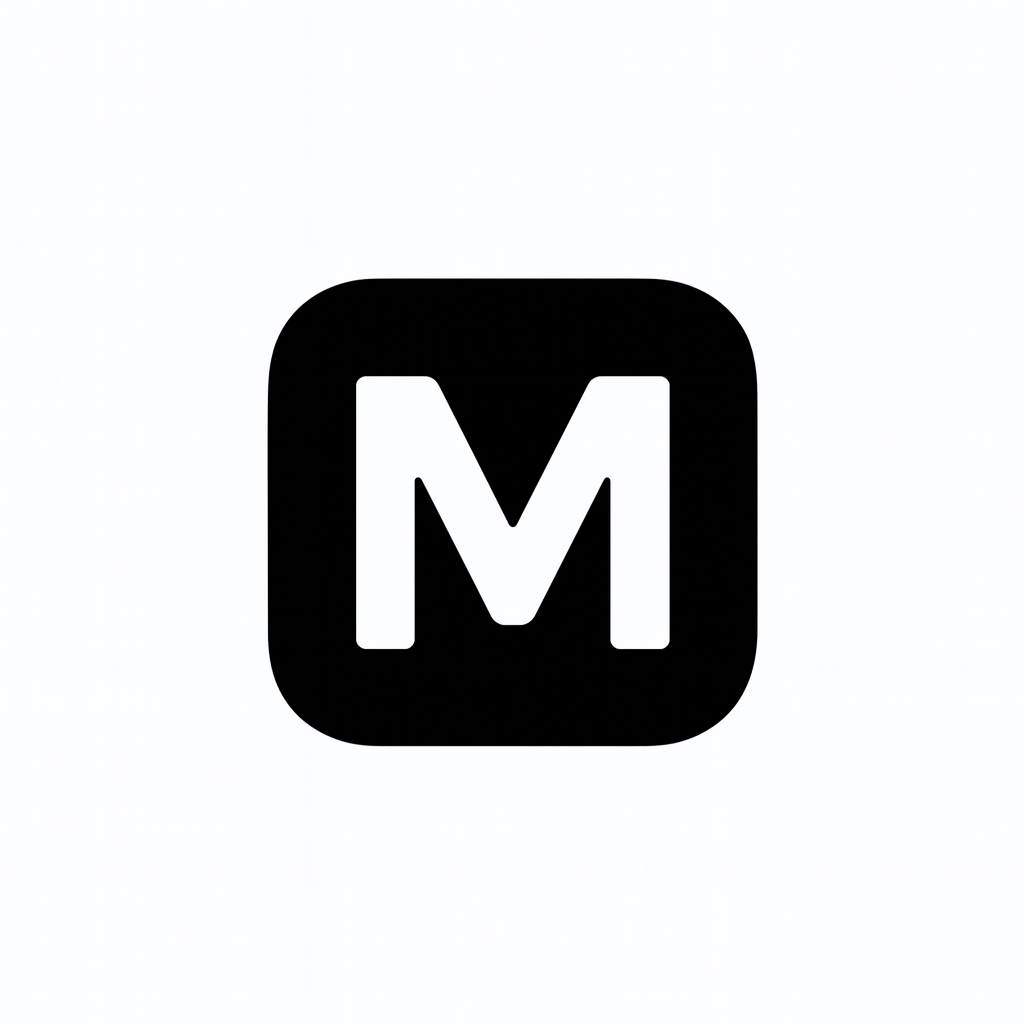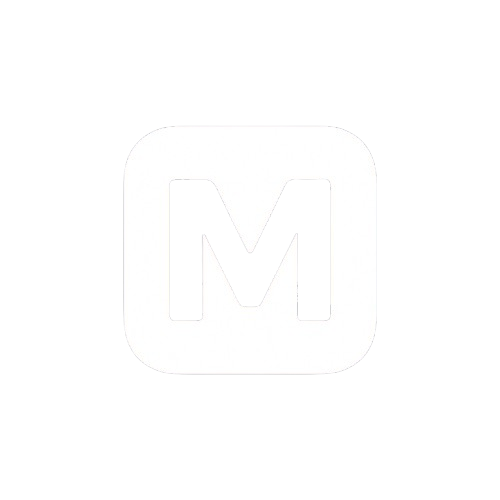The HVAC Insulation Market Analysis provides a comprehensive review of trends, growth drivers, and opportunities in the HVAC insulation sector. As Per Market Research Future, rising demand for energy-efficient buildings, regulatory standards for thermal performance, and innovations in insulation materials are driving market growth. For detailed insights, visit HVAC Insulation Market Analysis.
HVAC insulation involves the use of specialized materials to reduce heat transfer in heating, ventilation, and air conditioning systems. The HVAC Insulation Market Analysis highlights that insulation improves energy efficiency, reduces operating costs, maintains indoor comfort, and supports sustainable building practices. Proper insulation also minimizes environmental impact by lowering greenhouse gas emissions associated with energy consumption.
A key trend identified in the HVAC Insulation Market Analysis is the adoption of advanced insulation materials, including aerogels, fiberglass, mineral wool, and foam-based products. As Per Market Research Future, these materials offer high thermal resistance, fire retardancy, soundproofing, and durability, enabling improved energy savings and performance in residential, commercial, and industrial buildings.
The HVAC Insulation Market Analysis also emphasizes the role of government regulations and green building standards in driving market adoption. Initiatives such as LEED certification, building energy codes, and carbon reduction targets encourage the use of high-performance insulation solutions. Compliance with these standards ensures energy-efficient operations, reduced costs, and a lower environmental footprint.
Geographically, the HVAC Insulation Market Analysis identifies North America and Europe as mature markets due to stringent energy codes, high adoption of green building practices, and widespread awareness of energy efficiency. Asia-Pacific is emerging as a high-growth region, driven by rapid urbanization, industrial expansion, and increasing construction activity. The Middle East and Latin America are also gradually adopting HVAC insulation solutions to improve building energy efficiency and comfort.
Energy efficiency, cost reduction, and environmental sustainability are key drivers in the HVAC Insulation Market Analysis. Insulated HVAC systems minimize heat loss or gain, improve system performance, and reduce energy consumption. As Per Market Research Future, companies and building owners investing in high-performance insulation benefit from lower utility bills, enhanced occupant comfort, and compliance with sustainability standards.
The HVAC Insulation Market Analysis also highlights opportunities in retrofitting and upgrading existing HVAC systems. Many older buildings are being upgraded with improved insulation to meet modern energy efficiency standards. Advanced insulation solutions with easy installation, fire safety compliance, and high thermal resistance are gaining popularity in commercial complexes, industrial facilities, and residential projects.
Research and development are central to shaping the competitive landscape of the HVAC Insulation Market Analysis. Manufacturers are focusing on lightweight, durable, and environmentally friendly materials, enhanced thermal and acoustic performance, and integration with smart building technologies. As Per Market Research Future, ongoing innovations in insulation technology will drive adoption, support energy-efficient building designs, and enable sustainable construction practices worldwide.
Looking ahead, the HVAC Insulation Market Analysis indicates steady growth driven by increasing construction activity, rising energy costs, and focus on environmental sustainability. Companies providing reliable, high-performance, and technologically advanced HVAC insulation solutions are expected to maintain a competitive advantage. Emphasis on energy efficiency, regulatory compliance, and occupant comfort will continue to drive global market expansion.
Frequently Asked Questions (FAQs)
1. What is HVAC insulation and why is it important?
HVAC insulation reduces heat transfer in heating, ventilation, and air conditioning systems, improving energy efficiency, comfort, and cost savings.
2. Which sectors use HVAC insulation most frequently?
Residential, commercial, and industrial buildings rely on HVAC insulation to enhance energy efficiency, reduce operating costs, and maintain thermal comfort.
3. How is the HVAC Insulation Market evolving with technology?
The market is evolving with advanced insulation materials, lightweight designs, enhanced thermal performance, fire safety compliance, and smart building integration.
More Related Reports:


